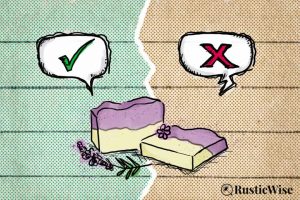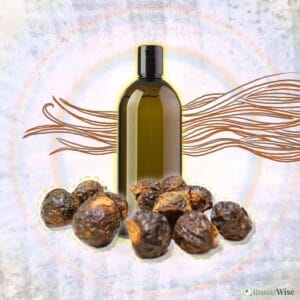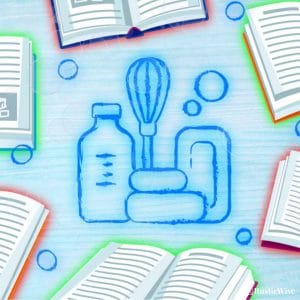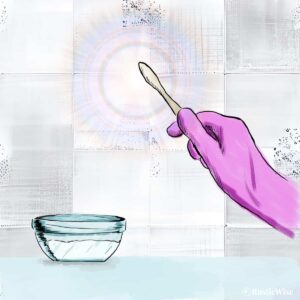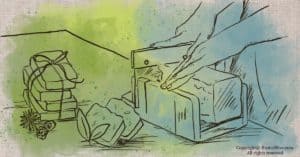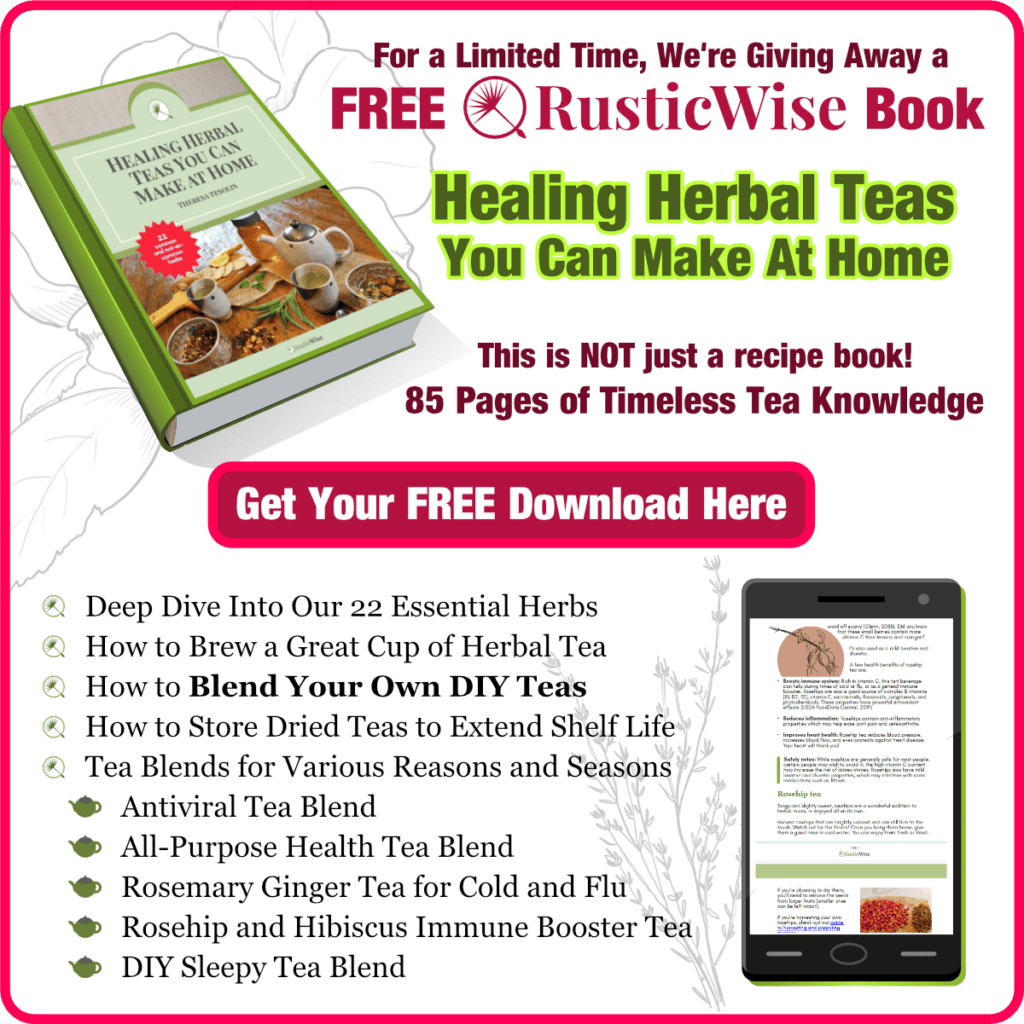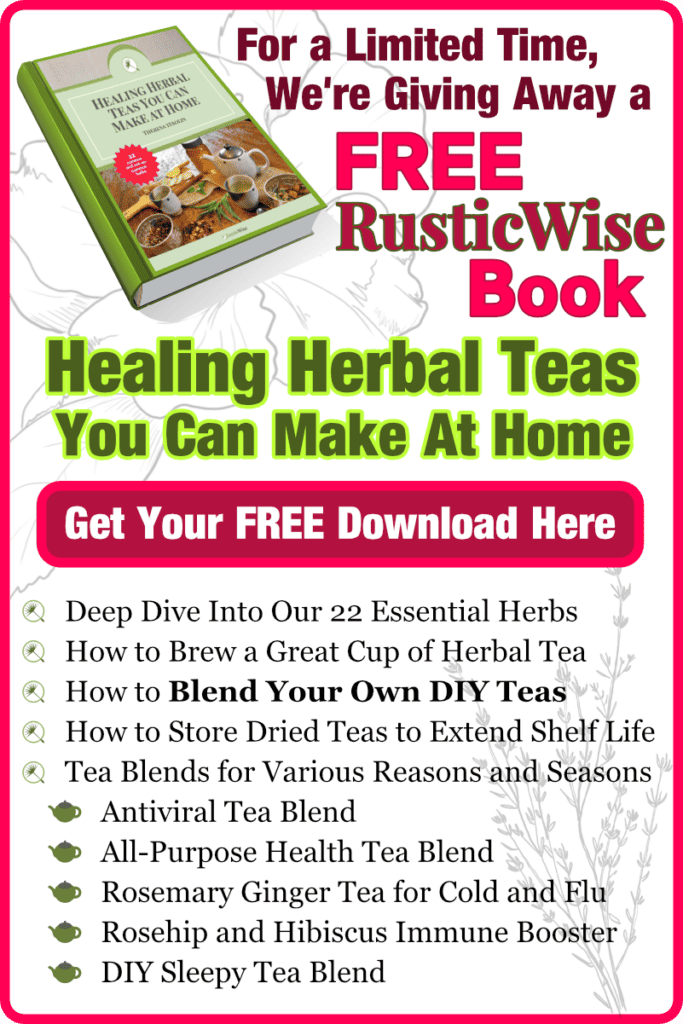How To Find the Best Scale for Soap Making
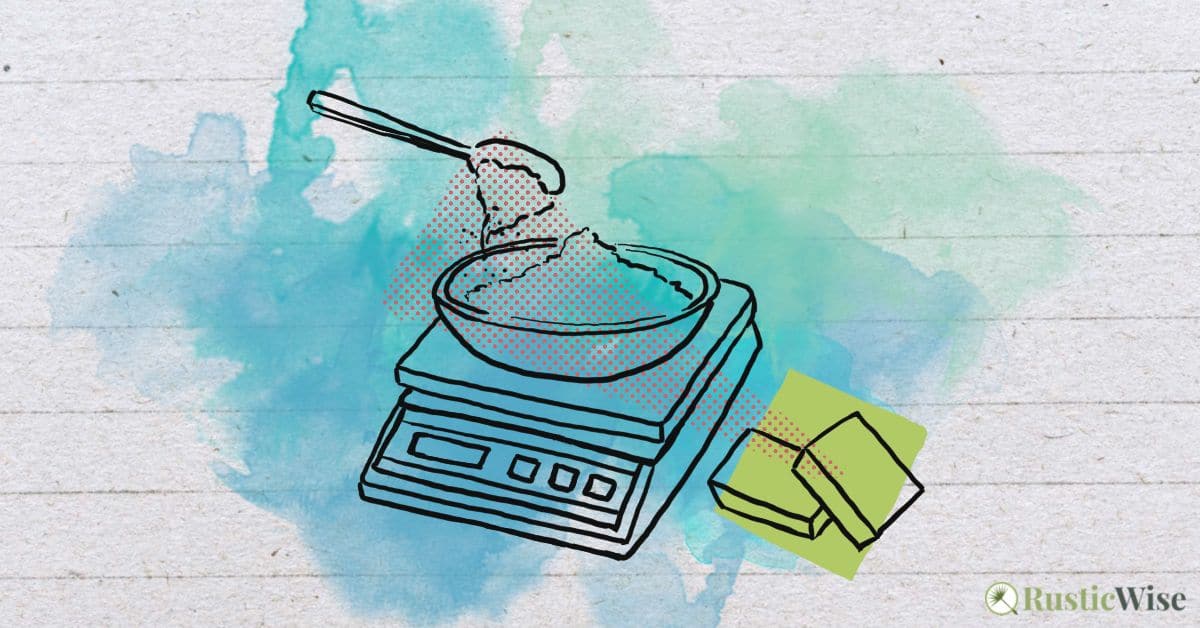
RusticWise is supported by its readers. When you purchase through links on our site, we may earn an affiliate commission. As an Amazon Associate, we earn from qualifying purchases. Thank You!
When it comes to making a reliably good batch of handmade soap, the devil is in the details, as the old saying goes. You need a good scale to get precise measurements of each ingredient. The best scale for soap making is a reliable digital scale that measures in both grams and ounces, and preferably one that allows for increments of at least 1 gram or one-tenth (0.1) ounce.
There are many features to sift through: I’ve put together a guide to navigate through some key features to help you find the best scale for soap making for your needs.
After all, there’s not a one-size-fits-all scale that will make every soap maker happy. We’ll look at important features to have, and considerations to keep in mind when buying a scale.
Let’s dig in!
Why you need a scale for soap making
If you want to churn out lovely bars of soap time and time again, using weight allows you to get a more accurate measurement of key ingredients.
This is especially important when making cold process or hot process soap, which requires the right amount of lye (sodium hydroxide) solution to saponify the fats and oils added.
An inaccurate measurement could cause too much lye, or not enough lye added, which would give you less-than-desirable results.
Too much lye? You’ll get leftover lye that has not properly turned to soap. Your soap bar will look dry and could cause harm to your skin.
Not enough lye? Your batch of soap may feel too soft and will be difficult to unmold.
In short, a more accurate weight of each ingredient makes for a better batch of soap. And the only way to get high accuracy is with a reliable scale.
Besides getting precise measurements of individual soap ingredients, there are other times when a scale comes in handy for soap making:
- Developing your own soap recipe: If you’re getting creative and formulating your own cold process soap recipe from scratch, you’ll want to note the measurements of each ingredient so you can replicate the recipe again (assuming it all goes well!).
- Weigh each bar of soap: If you’ve turned your hobby into a soap business, regulations may require you to list the net contents (weight) of your bars of soap when selling your homemade soap. Having an accurate scale helps your customers know exactly how much soap they are buying.
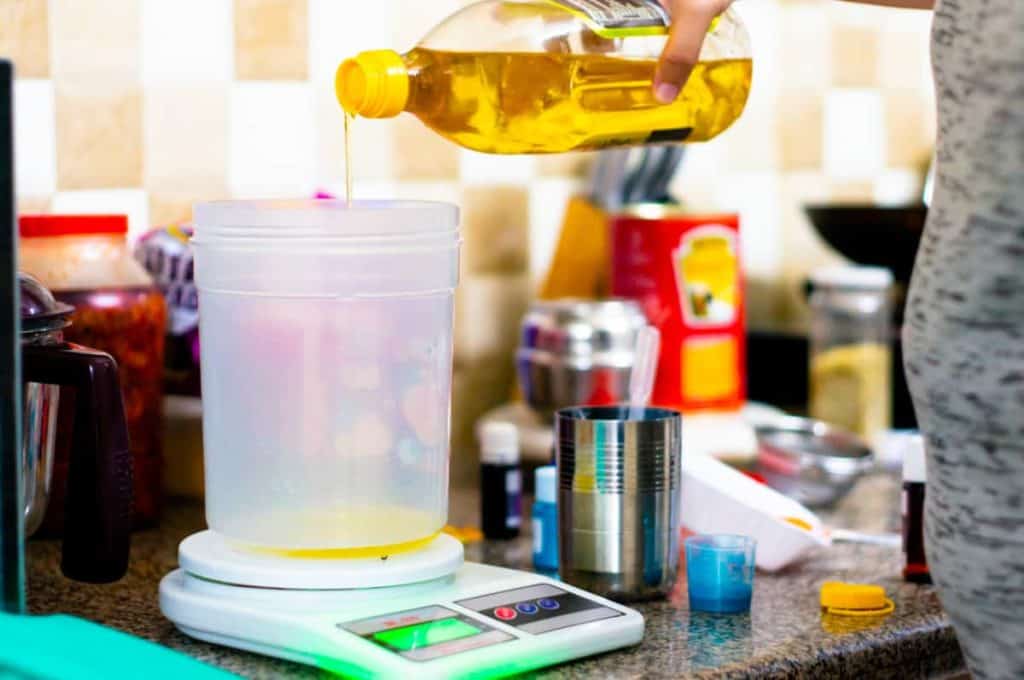
Digital vs. mechanical scales for soap making
When it comes to the type of scale you use, a common question people ask is, are mechanical or digital weighing scales better? If you have a mechanical (also known as analog) kitchen scale lying around, it’s probably not adequate for soap making. Nowadays, most people have switched to digital scales.
Many mechanical kitchen scales show measurements in imperial or metric, but not both; digital scales can take measurements in both.
Many soap ingredients you’re measuring may be of small amounts (and therefore lighter)—amounts not accurately captured by a mechanical scale.
Features to seek when choosing the best scale for soap making
Many scales feature a variety of materials, such as heavy duty plastic for the base, and a tempered glass or stainless steel platform.
Depending on your budget, you may look for a basic cooking scale with standard features, or one with advanced features such as a percentage weighing function.
Here are a few features to look for when deciding on a soap making scale.
What are trade approved scales?
Simply put, trade approved scales are those that are tested by regulatory agencies for precision in weighing and have met industry standards. Often they are labelled as “certified” or “verified” by the particular regulatory board overseeing trade in your industry. In some jurisdictions, someone must calibrate regularly the scales to ensure accuracy.
Trade approved scales are typically needed if your business model is based on the weight of goods (for example, if you sell soap by weight). This ensures customers get what they’re paying for. Fair enough, right?
In terms of cost, you’ll find most trade approved scales can set you back several hundred dollars. You’ll find trade approved scales sometimes called “legal-for-trade.” These scales are NTEP-approved by the National Conference on Weights and Measures in the US. For European Conformity, you’ll see the label “CE.” In Canada, Measurement Canada approves legal-for-trade scales¹.
Trade approved scales for soap making businesses
Looking to sell soap as a business? You’re likely wondering, do I need trade approved scales to sell soap?
First, it’s important to know that not all homemade soap is considered as such in the U.S. Soap can be classified as “soap” if the key ingredients are alkali salts of fatty acids. You must label it as soap; and the main purpose of it is to clean. If you claim to moisturize or exfoliate, they would consider it a cosmetic².
The U.S. Food and Drug Administration (FDA) provides some more helpful information about how they classify soap, cosmetics, and drugs.
Do you need a trade approved scale if you’re selling homemade soap? There’s a lot of conflicting information about whether you need a trade approved scale for selling soap.
I reached out to Marie Gale, author of the book Soap and Cosmetic Labeling to ask her about trade approved scales.
She says the following:
“The issue of trade approved scales is determined at a state level. MOST states have adopted some form of the Universal Weights and Measures Law which includes a definition for commercial weighing and measuring equipment (1.11):
The term “commercial weighing and measuring equipment” means weights and measures and weighing and measuring devices commercially used or employed in establishing the size, quantity, extent, area, or measurement of quantities, things, produce, or articles for distribution or consumption, purchased, offered, or submitted for sale, hire, or award, or in computing any basic charge or payment for services rendered on the basis of weight or measure.
It also establishes a State Weights and Measures Division (Section 11) which verifies the accuracy of commercial weighing equipment. Typically (but not always) it’s in the Dept. of Agriculture somewhere and carried out on a county-by-county basis.
In most cases, the law is interpreted to mean that the weighing equipment (or other) that is used to determine the net contents of a product as stated on the package, must be certified as accurate.”
So it seems like it would be good practice to cover your bases and use a trade approved scale if you’re selling soap.
As to whether this law is enforced is another matter.
According to Gale, “… even when the regulations are in place, I’ve rarely seen it enforced. One soapmaker in California was contacted and inspected after purchasing a high-end commercial scale. The assumption there was that the scale vendor informed the Weights and Measures Dept. The only other times I’ve heard of it coming up is when soapmakers are selling at a farmers market and an inspector was walking through. Both soap weighed and priced by weight AND those with packaged products with the net contents stated came to inspectors’ attention. But I’ve only heard of a couple of people in all the time I’ve been doing this.”
In other countries, there are similar acts in place that require using trade scales if selling goods based on weight. In Canada, there is the Canada Weights and Measures Act, while in the UK there are The Weights and Measures (Packaged Goods) Regulations of 2006.
The main point is that your bar of soap must not contain fewer contents than what the label states. To cover your bases, be conservative and round down when weighing soap.
Tip: Check your local laws and regulations to see if you need a trade approved scale for selling soap. While trade scales are an investment, it may be worth it if you are serious about selling soap for the long haul.
How do I know if my scale is accurate?
If you want to do a quick simple test to determine your scale’s accuracy, place an object with a known weight on the scale (such as a small dumbbell) and jot down the reading. Remove the object and weigh it again. If your scale is precise, you should get the same weight each time. Repeat this process to test the precision of your scale.
The takeaway
There are so many digital scales available on the market. The best scale for soap making is one that allows for measurements in imperial and metric, and allows for weight increments of 1 gram or one-tenth of an ounce (0.1 ounce). Other key features to look for are the tare function, auto-off feature, and an overall design and weight capacity that fits your individual needs.
Related questions
What is a baker’s scale?
Commercial bakers often use a baker’s scale to help them measure ingredients large quantities more accurately and consistently by weight than they could when measuring by volume. A baker’s scale has two platforms that are connected by a beam and a balance point in the middle. You use one platform to hold the ingredients you’re measuring; the second holds a set of weights. Once the scale is balanced, you can measure ingredients against a known weight until you get an accurate reading.
Can I use a candy thermometer for soap making?
Absolutely, yes—a candy thermometer is great for measuring the temperature of your lye solution and oils. It helps to have more than one candy thermometer when soapmaking so you can monitor multiple mixtures. A digital infrared thermometer is also great for making soap.
Is an analog scale more accurate?
No, an analog (also known as a mechanical scale) is not necessarily more accurate than a digital scale, at least for soap making. When making a batch of homemade soap, you’ll need a scale that accounts for small increases in weight. Unfortunately, most analog scales aren’t designed to measure such small weight increments, while certain models of digital scales allow for high precision.
Do digital scales lose accuracy?
With any digital equipment, you could eventually encounter problems with the circuitry over time. Some things can contribute to the deterioration in precision of your scale, such as high humidity, high temperature (or extreme temperature fluctuations), and accidentally dropping the scale.
To prolong the life of your scale, keep it in a safe, dry place away from extreme heat or cold. Some higher end scales have built-in recalibration software.
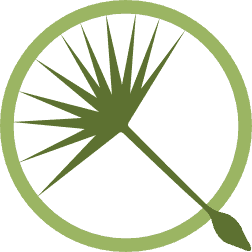
References
- Adam Equipment, A Quick Guide to Trade Approved Scales and Balances, https://www.adamequipment.com/aeblog/a-quick-guide-to-trade-approved-scales-and-balances. Accessed November 2021.
- U.S. Food & Drug Administration, Frequently Asked Questions on Soap, https://www.fda.gov/cosmetics/cosmetic-products/frequently-asked-questions-soap. Accessed November 2021.
- National Institute of Standards and Technology, Uniform Weights and Measures Law, https://www.nist.gov/system/files/documents/2019/12/06/00-20-h130-iii-a_final.pdf. Accessed November 2021.

Author: Theresa Tesolin
Theresa is co-founder of RusticWise. She helps people unleash their inner DIY spirit by encouraging them to get dirty and make or grow something from scratch.



